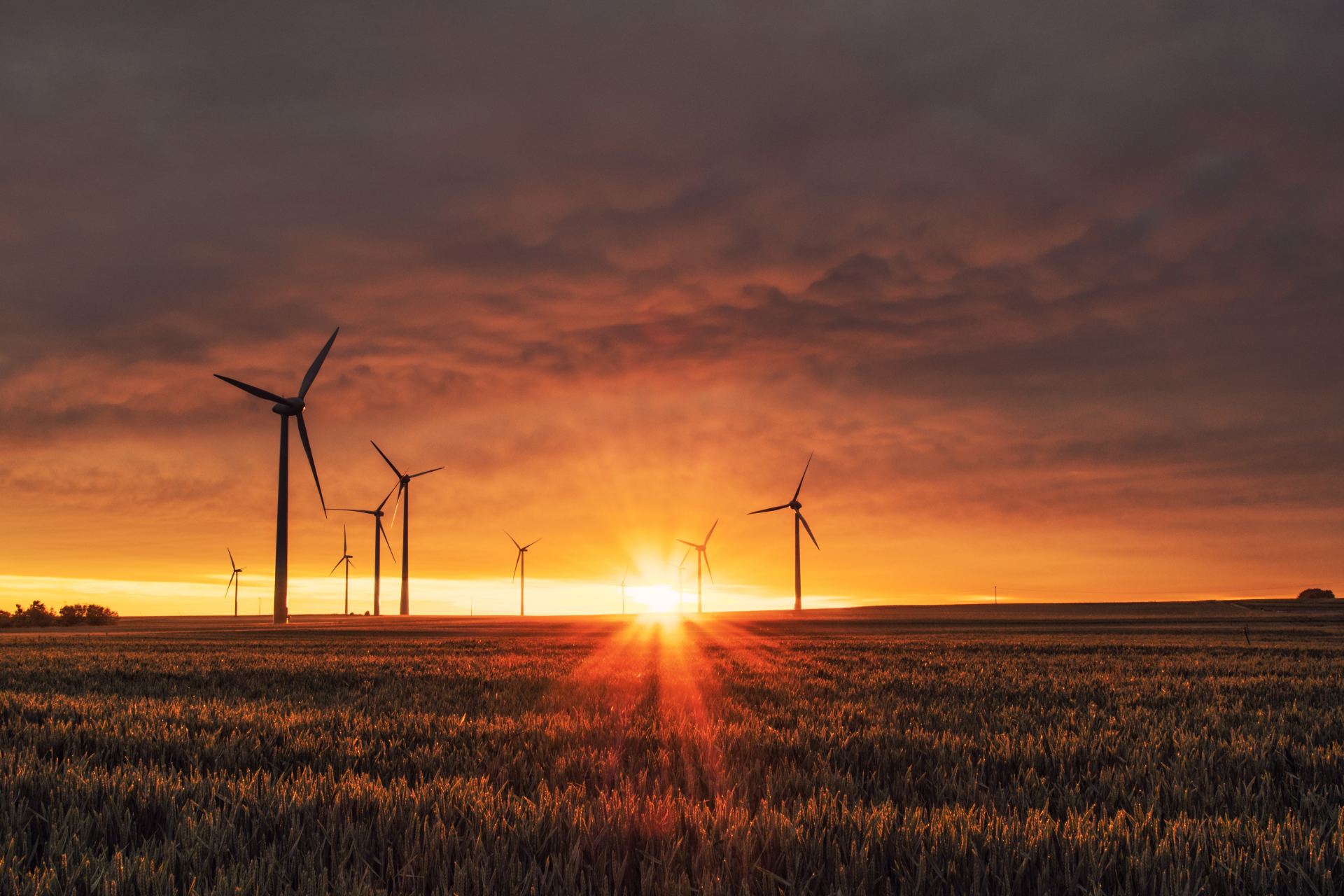1MG FlippingBooks
Farmers call for action on climate
With the agriculture industry reducing emissions by almost 5 per cent from last year, farmers are calling for change in other industries
Farmers for Climate Action, a coalition of farmers, agricultural leaders and rural Australians, is calling on the Federal Government to take action on climate change, following the release of data which shows emissions are falling in the agriculture sector but climbing nationwide.
Data from the Quarterly Update of Australia's National Greenhouse Gas Inventory shows that emissions for the year to March 2019 are up 0.6 per cent on the previous year. Without the agriculture segment cutting its emissions by close to five per cent, this figure would have been higher.
Farmers for Climate Action CEO Verity Morgan-Schmidt said: “The agriculture sector is taking the lead on climate change, sequestering carbon in our landscapes and embracing emission reduction targets, including the red meat Carbon Neutral by 2030 goal. By allowing emissions in other sectors to continue to trend upwards the Federal Government is showing they still have work to do.
"Climate change isn’t an abstract future concept, and we don’t need to look far to see the impacts. As taps run dry in regional communities, and normally lush and fertile paddocks increasingly resemble a dustbowl, all we need to do is look out the window.”
“It’s time for Government to put politics aside and stand up for the future of regional Australia.”
Crookwell farmer and Farmers for Climate Action deputy chair Charlie Prell said: “Since the millennium drought I’ve done what I can to climate-proof my property, hosting wind turbines and refining my land management techniques. But the truth is that while Australian farmers are world leaders in adaptation, we’re not miracle workers.
“Global warming is driving more frequent and extreme weather events - including droughts like the one farmers in Queensland and New South Wales are currently experiencing.
“If the Federal Government truly cares about our nation’s future economic and social prosperity then it needs to start listening to - and acting on - the advice of climate change experts. They need to listen to the scientists and respond to the science, not to the hyperbole.
“Without action to cut the emissions which are fuelling global warming and a national strategy for climate change and agriculture, I am very concerned for the future of my farm and, indeed, the agricultural sector as a whole,” Mr Prell said.
Farmers for Climate Action claims 5000 members, and is set to host a conference on agriculture and climate change on September 10 in Central West New South Wales.
The Risks and Rewards of Farming in a Changing Climate conference will present the latest in climate change science, explore the impacts farmers are already facing and share some of the exciting developments that may help farmers through the next few decades.
Speakers include the Australian National University’s Steven Crimp, the Australian Farm Institute’s Richard Heath and NSW Local Land Services’ Richard Bull as well as many others. Sessions on the day will cover topics ranging from local climate changes, implications for markets, as well as social impacts and solutions, new technology and climate-smart farming systems.
One of the conference organisers, and Larras Lee farmer, Robert Lee said: “It’s easy but misguided to pass off climate science as overly depressing, especially given the constant bombardment of climate change reports pointing to frightening future scenarios.
“Like it or not, Australian farmers are already grappling with the reality of a changing climate, with hotter temperatures and more frequent extreme weather events.
“We’ve all had droughts before, but this drought is different; at my place last summer evaporation rates were through the roof due to never ending heatwaves. Keeping water up to sheep and cattle was a constant challenge.”
But Mr Lee said while climate change posed an undeniable challenge, the world was well-placed to rise to this challenge. “We have faced catastrophe before and answers have been found by applying our ingenuity and cooperation. Farmers and researchers around Australia are focussed on the dual problems of adapting to climate change and arresting climate change, and are getting exciting results.”

















